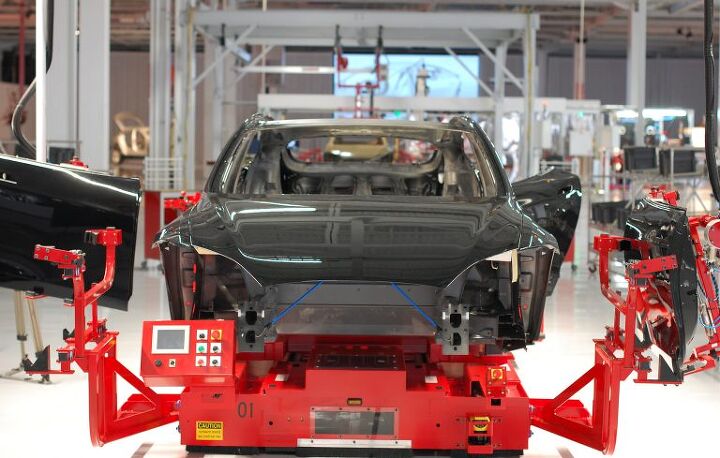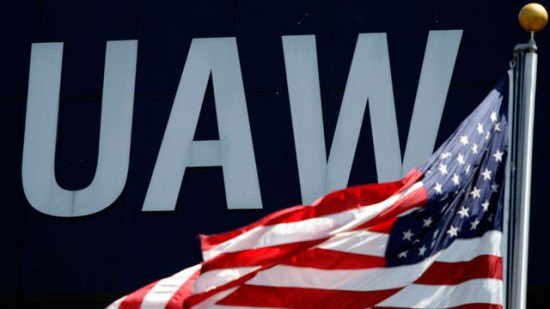#strikes
Tesla Struggles to Make Nice With European Engineering Firm's Jilted Clients
Tesla Motors has said it is making efforts to resolve outstanding issues with Grohmann Engineering’s legacy clients, including Daimler, BMW, Bosch, Intel, and Volkswagen Group. After the Tesla takeover last November, CEO Elon Musk indicated to Grohmann’s management team that the brunt of its efforts should be diverted away from former customers in order to focus primarily on production facilities related to the Model 3.
The move placed Musk at odds with company founder Klaus Grohmann, eventually resulting in his abrupt departure, and was a major source of tension among the German workforce — which, backed by IG Metall, has threatened to strike. Negotiations have already yielded improved worker pay and hiring promises, but Tesla now appears to be tackling the issue of how to handle the numerous clients who have been hung out to dry.
Ford Otosan Ceases Production In Nn Amid Ongoing Industrial Action
Remember when we said all was well for Ford Otosan regarding recent industrial actions? It’s no longer the case, as one plant ceases production once more.
Williams: UAW Must Balance Member, Corporate Demands In Detroit Three Talks
Though the UAW would like to see wages go up as part of its upcoming talks with the Detroit Three, it also wants for the automakers to remain competitive.
General Motors To Release Valukas Report On Ignition Switch Thursday
Automotive News reports General Motors will release Thursday the results of attorney Anton Valukas’s three-month independent internal investigation into how and where the automaker went wrong before recalling 2.6 million vehicles affected by an out-of-spec ignition switch linked to 47 accidents and at least 13 fatalities. The announcement will come at 9 a.m. Eastern via webcast, with what CEO Mary Barra says will be an “unvarnished” look at the events surrounding the recall. In addition, GM will have an update on plans for compensating victims of the switch, though the attorney heading up the affair, Kenneth Feinberg, says a formal announcement won’t come until a few weeks down the road. Reuters adds the Valukas report will likely exonerate Barra, former CEO Dan Akerson and other senior execs and board members of any wrongdoing over the recall, with “a number of people” to be formally dismissed from the company due to their ties to recall. The report will be turned over to the federal government by the end of June.
Chinese Strikes: Honda Gets No Respect
Honda is the Chinese version of Rodney Dangerfield. No respect. After a series of strikes, first at Honda’s parts suppliers, then at Honda itself, things looked liked they are calming down. Until yesterday.
Chinese Strikes: Honda Hit Directly. Bots To The Front
So far, the strikes in China were just small – but effective – sideshows. Strike at a small, but strategically important supplier, and whole car factories shut down. That, however, only led to wage increases at the small, but strategically important supplier. Until last Wednesday.




















Recent Comments